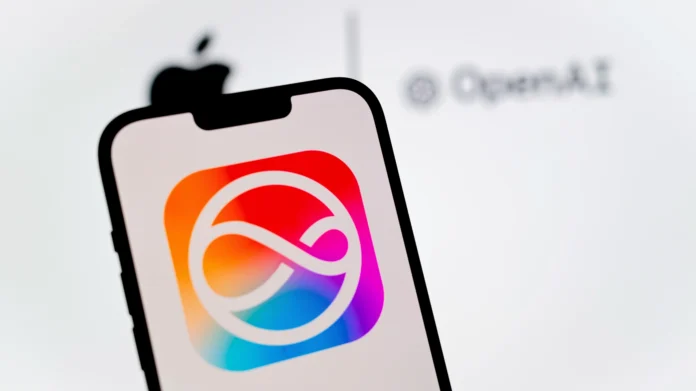Apple is actively building an on-device AI search system designed to transform how users search and interact with information. This new technology aims to rival ChatGPT by providing generative AI-powered responses while keeping user data private. By focusing on on-device AI search, Apple emphasizes security and integration within its ecosystem, setting it apart from competitors like Google and Microsoft.
This development marks a significant shift in Apple’s approach to artificial intelligence. Instead of relying heavily on cloud-based services, Apple prioritizes processing data directly on devices. This focus on on-device AI search allows Apple to maintain its reputation for strong privacy protections. It also aligns with the company’s goal to embed AI more deeply into iOS and macOS platforms.
Siri has long faced criticism for lagging behind rivals in AI accuracy and conversational ability. Although Apple plans to overhaul Siri, insiders believe the real breakthrough will come from enhancing AI-powered search across multiple apps. For example, Safari and Spotlight could soon offer smarter, more context-aware search experiences powered by on-device AI search. This would make searching more natural and efficient without sacrificing user privacy.
Reports reveal Apple has created a specialized “Answers” team to lead this AI initiative. Their mission is to build a ChatGPT-like engine tailored specifically for Apple’s environment. Unlike other companies that depend on third-party AI, Apple develops this technology entirely in-house, highlighting its commitment to privacy-focused innovation.
Integrating AI into Safari could change web browsing significantly. Users might receive AI-generated summaries and answers directly in the browser’s search bar. This feature would enable seamless interaction with both online content and personal data stored on devices. With on-device AI search, Apple aims to provide a cohesive experience across voice assistants and web browsing.
Apple’s strategy arrives amid growing competition from Google’s Gemini and Microsoft’s Copilot, both of which offer integrated AI search features. By developing a custom AI model designed for on-device use, Apple hopes to lead in privacy-focused AI search while avoiding data-sharing concerns.
Privacy remains Apple’s key differentiator. Industry experts praise the company’s plan to limit data collection by keeping AI operations local. This approach contrasts sharply with competitors that rely on cloud-based data processing. Consequently, Apple expects to launch this technology around early 2026, potentially alongside major iOS updates.
In summary, Apple’s investment in on-device AI search could redefine how users access information on its platforms. The company’s focus on privacy, ecosystem integration, and advanced AI capabilities positions it to challenge existing AI leaders. As competition intensifies, Apple’s on-device AI search will likely become a cornerstone of its future innovation strategy.
For more tech updates, visit DC Brief.


